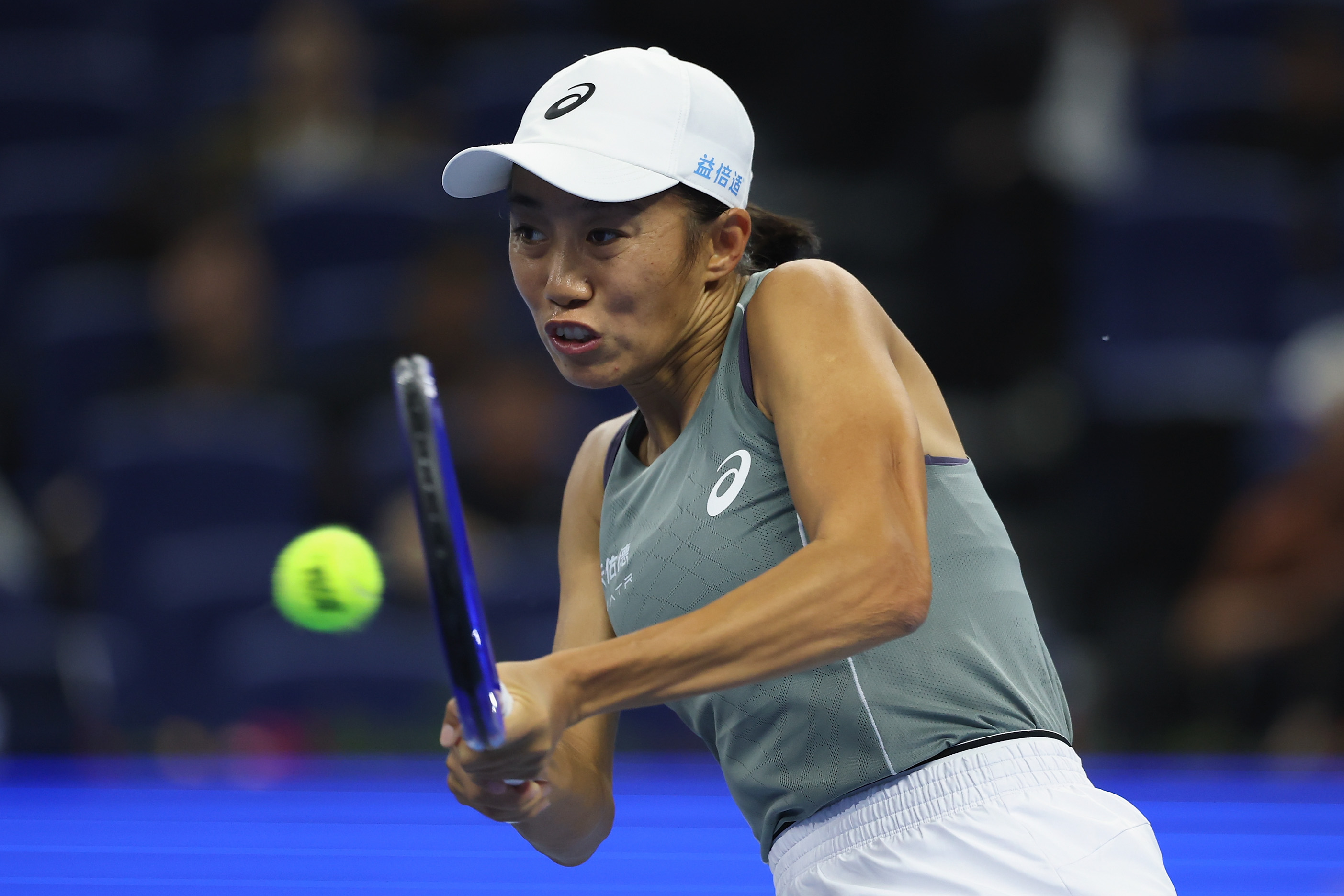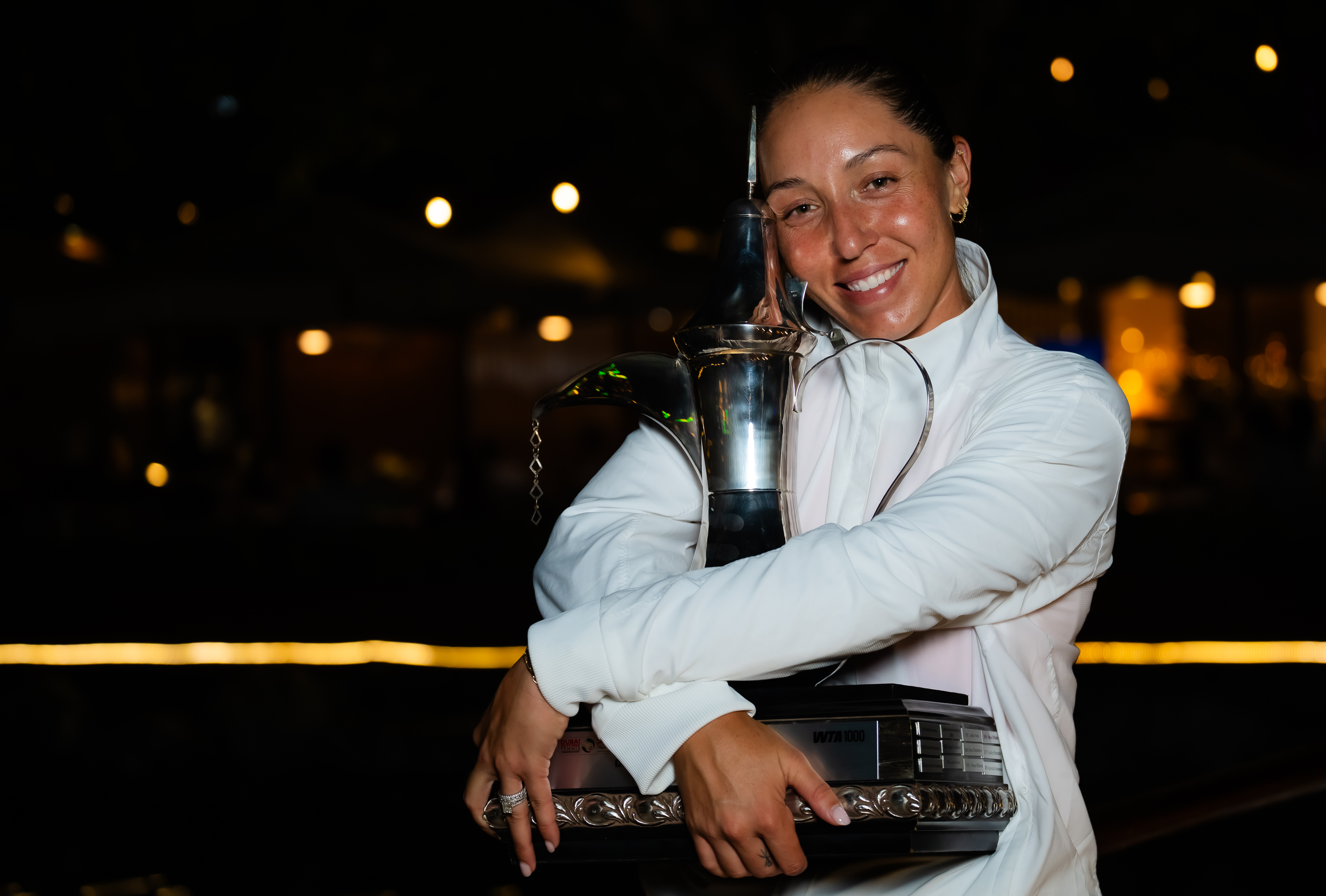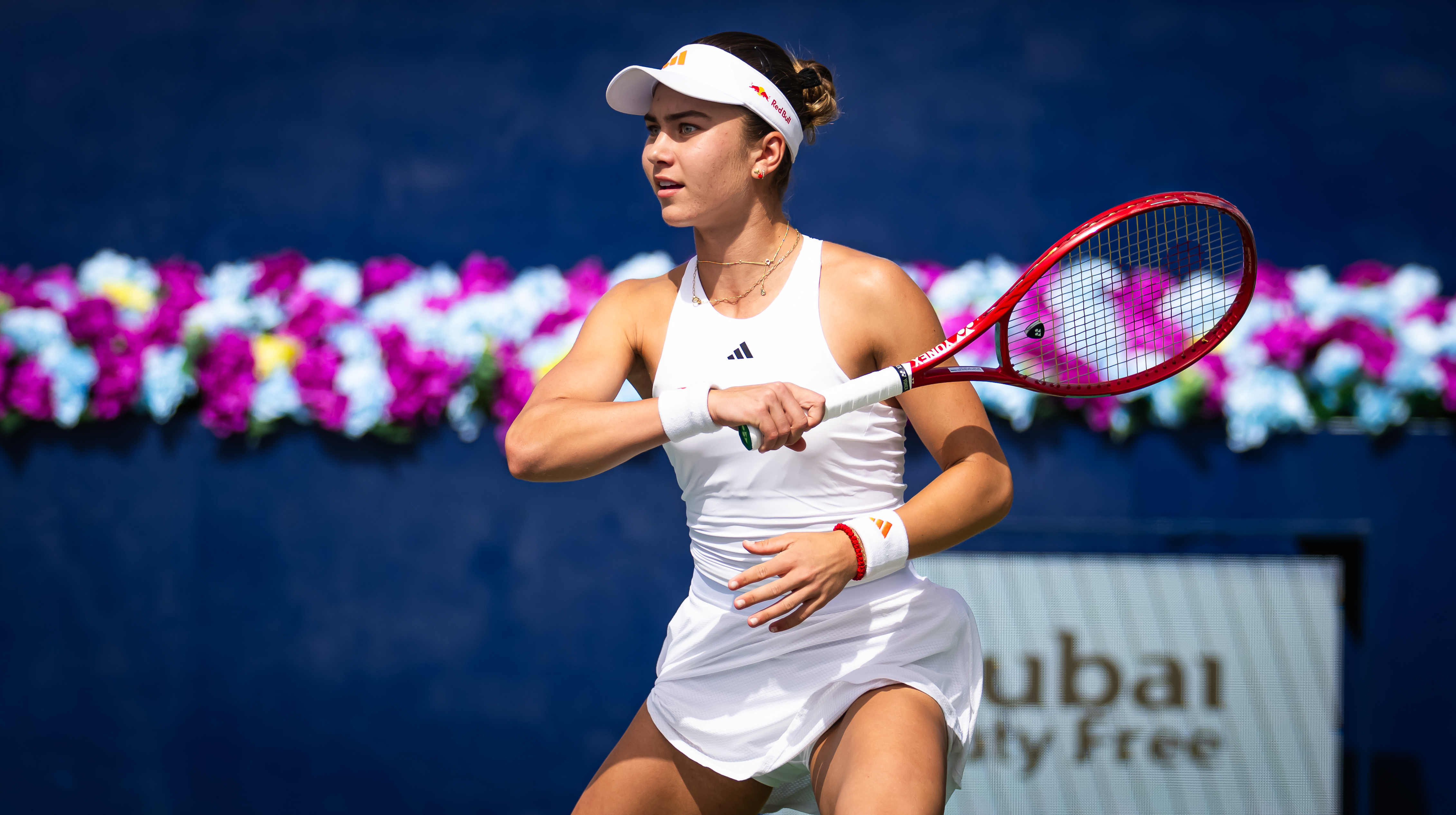Under Beijing’s autumn chill, the Diamond Court thrummed as Zhang Shuai staged a stirring reversal, dropping the first set before overwhelming qualifier
Anastasia Zakharova 3-6, 6-1, 6-4. Her forehands carved inside-out angles that pulled the Russian wide, setting up crosscourt backhands that landed with precision on the skidding hard courts. At 36, she played with a veteran’s poise, her slices dipping low to disrupt rhythm, turning the crowd’s cheers into fuel for a match that felt like a personal reclamation.
This triumph carried echoes of her broader revival, a year removed from a 24-match skid that once dimmed her spark. Now ranked No. 112 in singles and No. 14 in doubles, she savors the home tournament’s unique lift, where familiar comforts sharpen her edge. The player restaurant’s dumplings and local specialties replace the bland uniformity of distant events, sustaining her through grueling exchanges.
“I’m still very exciting on the court, very exciting back to the home tournament, very exciting play on Diamond Court,” she said.
Fueling energy through home comforts
Away from China, Zhang often sidesteps tournament meals—too healthy, too repetitive—for spots that satisfy her palate, a ritual that preserves her mental stamina amid the tour’s grind. In Beijing, indulgence becomes strategy; a pre-match feast kept her powered even as rallies stretched into three sets against Zakharova’s pace. “Some tournament every day same, same, same,” she explains, recalling the three-week marathons at majors where monotony erodes focus. “From qualies to the final, you have to stay there... You couldn’t eat every day same, you know? Here, oh my God, before the match, I eat a big dinner. During the match, even three set, I still feeling full so I have full energy.”
This approach under
scores how personal rituals combat the psychological wear of professional tennis, where a full stomach bolsters belief in the heat of battle. On these medium-paced hard courts, where altitude adds bite to every ball, her sustained vigor allowed tactical shifts—deep returns off the 1–2 pattern forcing Zakharova into hurried errors. As the Scores,
Draws, and
Order of play evolve daily, Zhang’s win hints at deeper runs, her game blending aggressive inside-in forehands with underspin slices that vary tempo and unsettle opponents.
The fast, early exchanges she shared with the qualifier—“We both play really fast and early—that’s the great tennis, I like very much the tennis like this”—mirrored the surface’s demands for quick adaptation, a skill honed over decades. Her presence on court now radiates calm assurance, a far cry from last year’s doubts that nearly led to retirement. That evolution positions her as more than a competitor; she’s the steadying force for China’s next wave, embracing the auntie role with empathy born from her own trials.
Embracing wisdom from a long journey
During practice on the Diamond Court, a young fan approached, revealing they’d followed her since elementary school and were now in college—a reminder of time’s passage and the legacy she’s building. Young players arrive wide-eyed and anxious, their faces etched with the panic of uncertainties she once navigated alone. Zhang, having weathered storms that forged her resilience, offers encouragement without imposition, drawing parallels to epic tales like Journey to the West where journeys transform the traveler.
“When I see them, they’re always full of panic, have a panicked face,” she observes. “They are anxious. Many uncertainties. I have gone through so much. I will be able to maintain a calm mindset. You cannot force this level of calm on a very young player.” Instead, she focuses on positives, telling them, “I see you improve a lot every day,” fostering belief amid the tour’s relentless pressure. This mentorship extends beyond words; on hard courts where baselines test endurance, she shares insights on mixing flat drives with low slices to disrupt patterns, easing the mental load of predictable rallies.
Her doubles ranking reflects this adaptability, teaching partnerships under duress that young singles players can apply to solo battles. The crowd’s energy, swelling with each down-the-line winner, amplifies her message: resilience turns national hopes into tangible momentum. As Beijing’s lights flicker on for evening sessions, her guidance promises to cultivate not just survivors, but confident tacticians ready for the circuit’s demands.
Lifting young talents past defeat
The Billie Jean King Cup Finals last week tested her role acutely, as China bowed out in the quarterfinals to Italy on home soil. Yuan Yue and Wang Xinyu each seized a set and a break in their singles rubbers, only to be reeled in by
Elisabetta Cocciaretto and
Jasmine Paolini respectively, leaving the pair in self-blame. Zhang intervened with measured pep talks, reframing the loss as progress rather than failure, urging them to release those haunting points.
“After the BJK Cup, two girls were blaming themselves,” she recounts. “I said to them, ‘You didn’t fail, we’re just one step closer to success. Every success is based on rounds of failures.' I tell them, ‘You’re great, you did a good job. Look at yourself. You are just one step away from victory. It was easy in the quarterfinals and semifinals. We were this close to victory.'” She knows the temptation to dissect errors, having done so herself after tough matches, but insists on forward focus: “Sometimes when I finish a match, I just forget those moments because there’s no way for you to return to that moment. If you don’t take this option, other people won’t do it. This is tennis. This is professional sport. What we can do is to make tomorrow better.”
This philosophy stems from her own arc, where uncertainty gave way to conviction. “I know I can play well—last year I’m not sure,” she admits, a sentiment she imparts to quell doubts. “That’s why I always talking to all the girls, ‘You much better than you thought. You have to trust yourself. You have to believe yourself because everyone better than you thought.'” In the tournament’s unfolding drama, her words and example weave individual struggles into collective resolve, pointing toward breakthroughs where China’s tennis family claims deeper stages with tactical poise and unshakeable heart.



